Fieldwork
This listing expired on December 1, 2023. Please contact gfarney@rutgers.edu for any updated information.
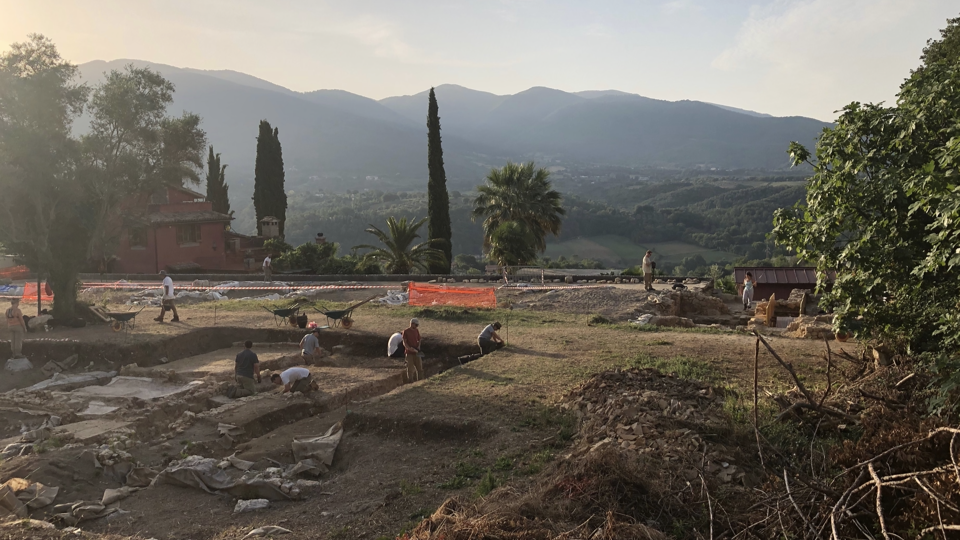
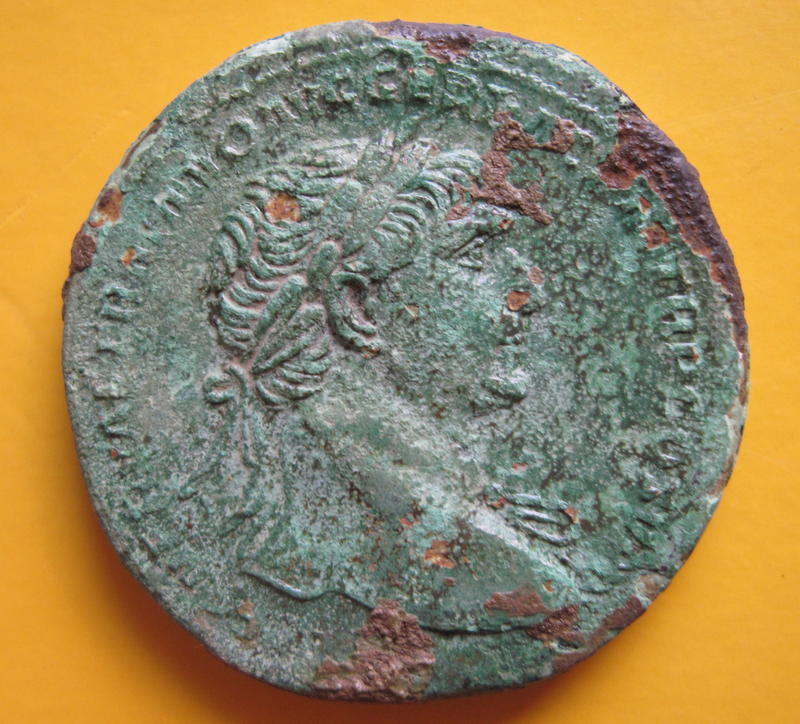
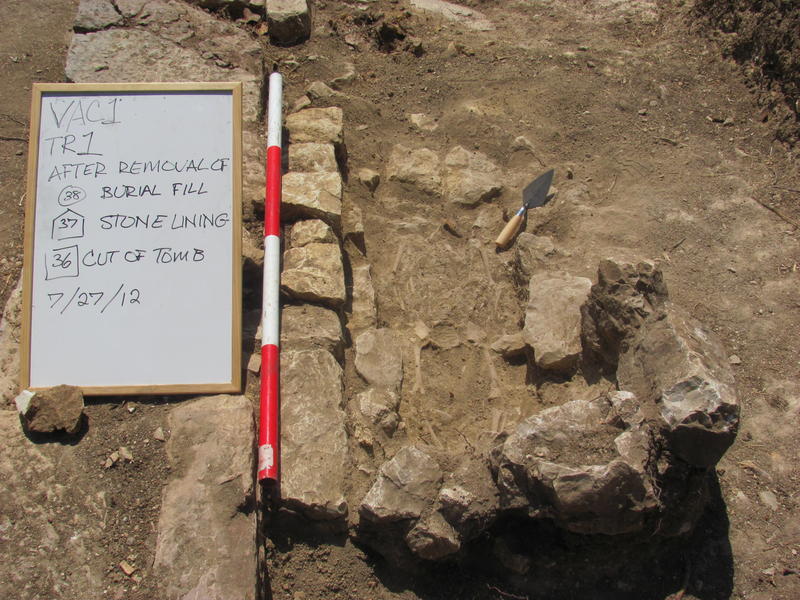
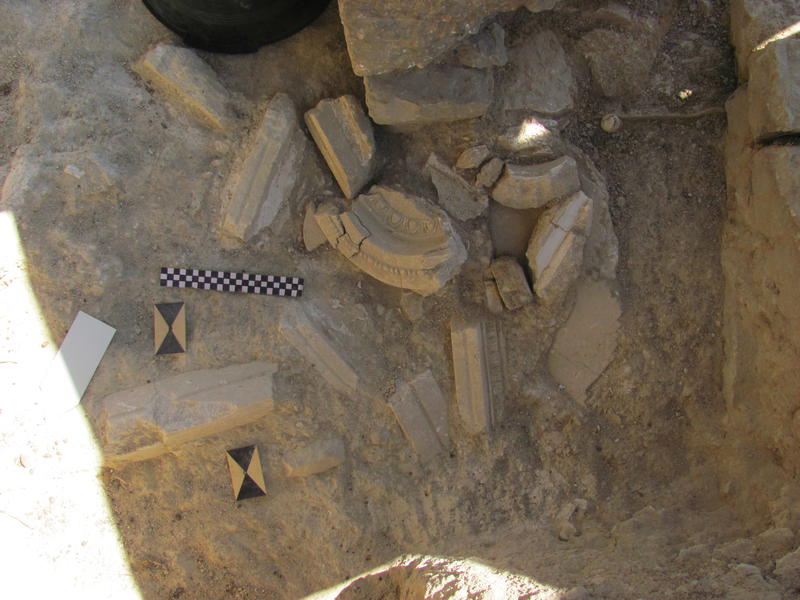
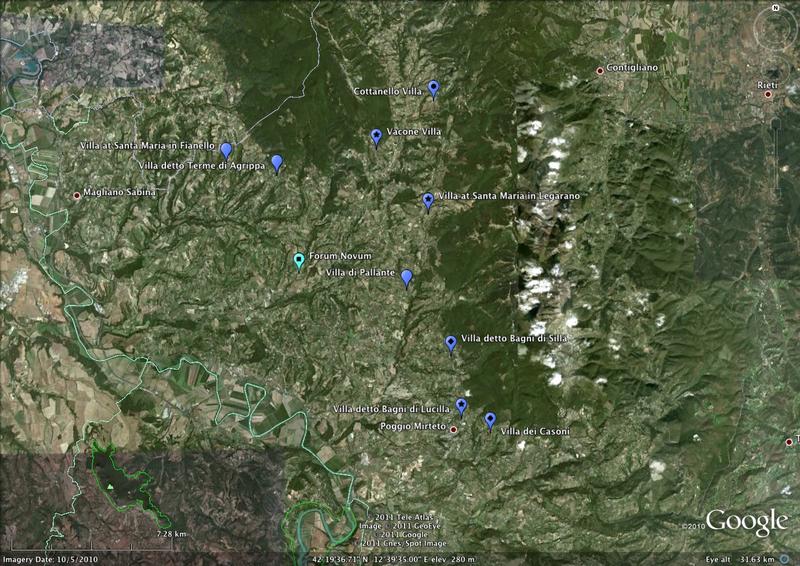
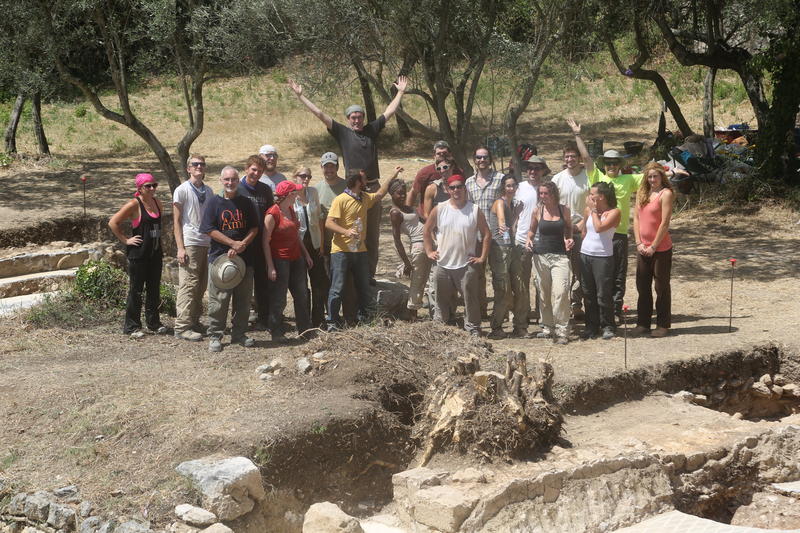
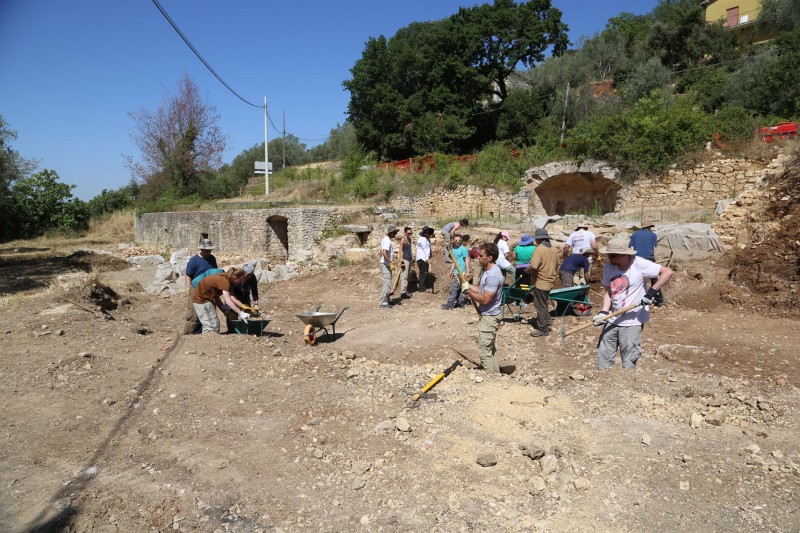
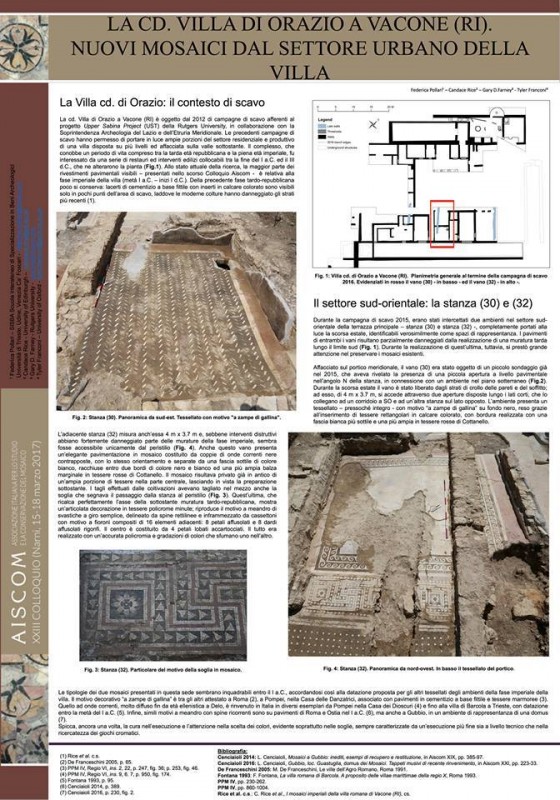
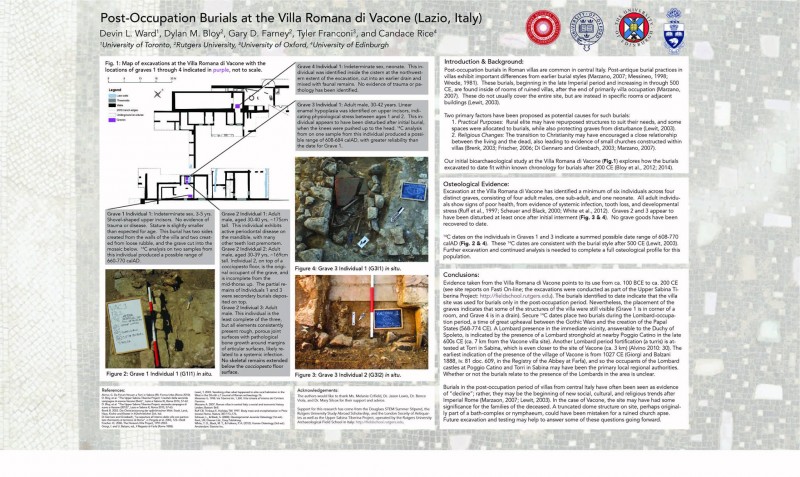
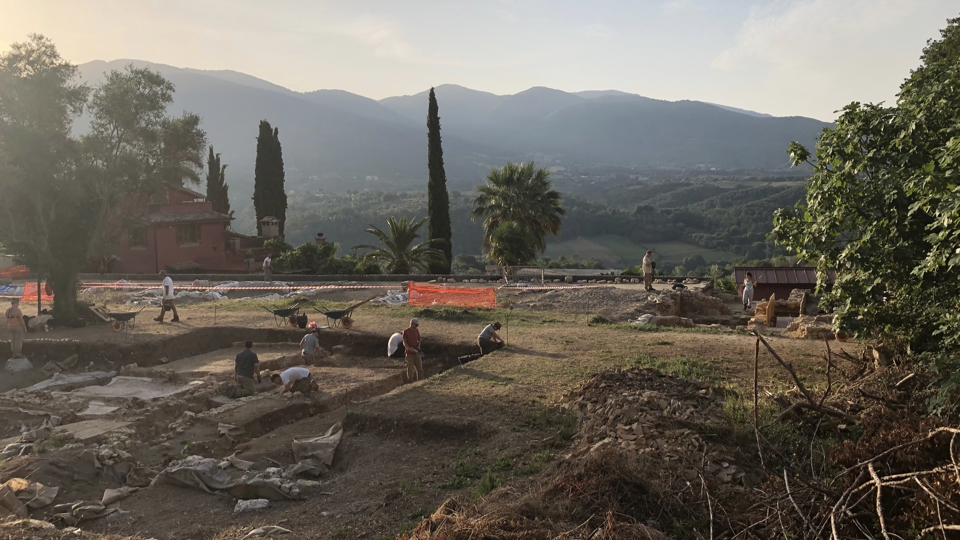
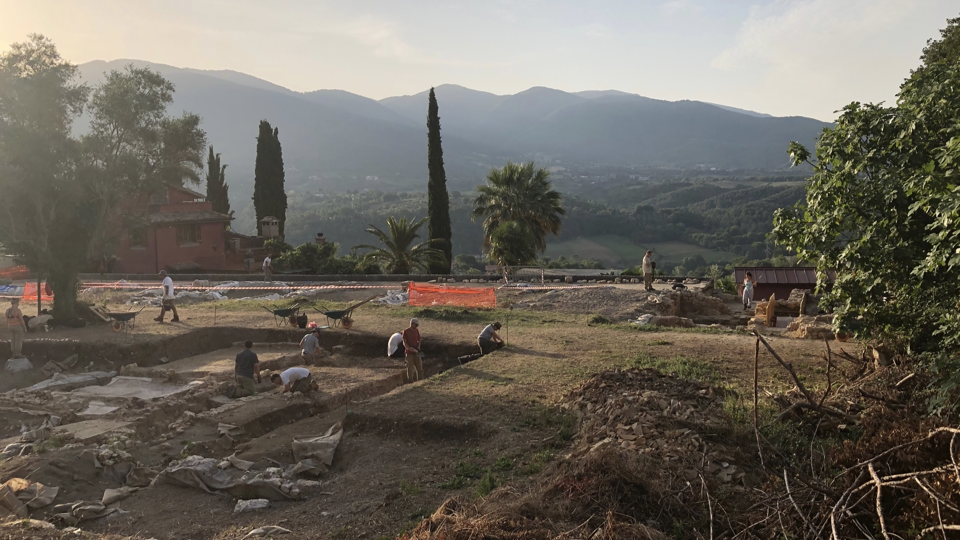
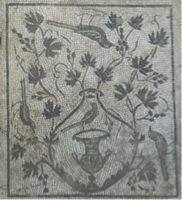
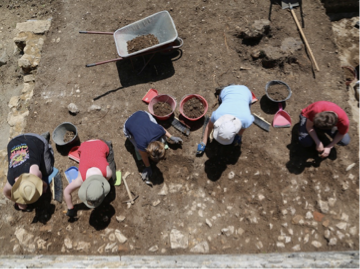
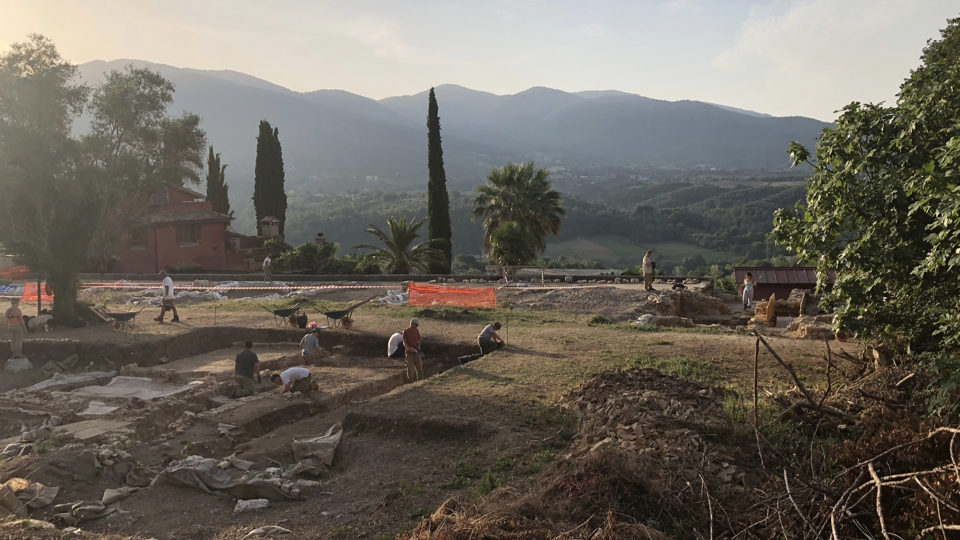
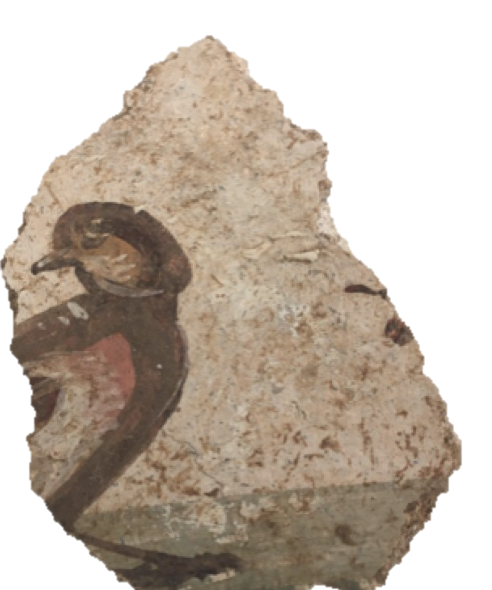
Location: Via Villa di Orazio, 2, 02040 Vacone RI, Italy
Season: July 9, 2023 to August 6, 2023
Session Dates: July 9, 2023-August 6, 2023
Application Deadline: March 1, 2023
Deadline Type: Rolling
Website: http://fieldschool.rutgers.edu
Program Type:
Field School
RPA Certified:
No
Affiliation:
Rutgers University
Project Director:
Gary D. Farney (Rutgers University); Dylan Bloy (University of Tennessee); Candace Rice (Brown University); Tyler Franconi (Brown University)
Project Description:
The Rutgers University Archaeological Field School in Italy, in operation since 2012, is a Rutgers Study Abroad summer program that endeavors to teach undergraduate and graduate students archaeological field skills and methods. Among those taught are: excavation techniques; site recording and management skills; the handling, processing and preserving of site materials, such as mosaics, painted wall plaster, pottery, human remains and other small finds; and field surveying skills through the operation of a total station. Student participants will acquire this training on site in Italy under the supervision of academic and professional archaeologists. In addition to fieldwork, there will also be lectures and readings about archaeological methods, and historical and anthropological topics related to the project currently being pursued by the field school, the Upper Sabina Tiberina Project (for details of this project, see: http://fieldschool.rutgers.edu for the field school and http://ustproject.org for the project goals and accomplishments). The field school operates in the Tiber River Valley in the northwestern part of the province of Lazio, just about 40 miles upriver from Rome. Participants live and work near the small village of Vacone, excavating a Roman villa site with evidence of Republican, Imperial and post-antique occupation and activity.
Enrollment in the Rutgers Field School is not limited to Rutgers University students, and applicants from other institutions of higher learning are encouraged to apply. Although applicants with backgrounds in archaeology, anthropology, classics, history, and/or; Italian studies are desired, no previous experience or prerequisites are necessary, nor is any particular major or background. Moreover, no knowledge of Italian language is required.
Undergraduate students will receive six course-credits from Rutgers Study Abroad that may be counted toward a variety of departments and majors, including Classical Studies, History, Anthropology, and Art History. For instance, the Department of Anthropology at Rutgers-New Brunswick will accept all six credits for their Anthropology major and minor. Please consult Prof. Farney (gfarney@rutgers.edu) if you have any questions about how these credits might apply to your situation.
Graduate students can earn either 6 or 3 course credits, depending on the track they wish to take. They should consult their departments to see how they will treat the credits for any degree they are pursuing. For 6 credits, they can participate for all four weeks of the field school season. For the 3 credits option, graduate students can participate in two weeks of the field school season to be arranged with Prof. Farney.
Costs for 2023 The exact costs are yet to be completely settled. But the estimated costs are as follows. The undergraduate 6 credit 4 week program should cost approx. $5000 for New Jersey residents, and $6000 for non-NJ Residents. The graduate 6 credit 4 week program should cost approx. $5000 for New Jersey residents and and $5500 for non-NJ residents. The graduate 3 credit 2 week program should cost approx. $3000 for New Jersey residents and $3500 for non-NJ residents.
Period(s) of Occupation: Occupation period of villa: ca. 100 BCE to 230 CE (Roman Republic and Empire); post-occupation, Lombard Era burials: ca. 600 to 800 CE
Notes:
Roman excavation; Excavation in Italy; Republican Roman habitation; Roman villa; Field School in Italy for Credit
Project Size: 25-49 participants
Minimum Length of Stay for Volunteers: For duration of school, but 3 credit grad students and undergrad interns can negotiate their time within that period with Prof. Farney (gfarney@rutgers.edu)
Minimum Age: 18
Experience Required: None
Room and Board Arrangements:
http://fieldschool.rutgers.edu Field school participants will live in an agriturismo (a kind of country hotel and restaurant), called Le Colline (http://www.agriturismolecolline.com), located less than 2 km from the Vacone villa site. Le Colline has rooms of two to four people, each with a separate bathroom. The agriturismo has internet access. All meals will be provided at the agriturismo for staff and students Sunday dinner through Friday lunch as part of the program costs. Students will have to pay for their own meals at other times (Friday dinner through Sunday lunch), from the agriturismo or elsewhere. Students will also be able to visit the town of Vacone regularly. Students must travel to Rome or other places on the weekends. On Friday afternoon, staff will provide transportation for students to a nearby train-station (Poggio Mirteto) for a direct train into Rome (ca. 45 minutes); likewise, treturning students will be picked up from Poggio Mirteto on Sunday late afternoon.
Academic Credit:
6 or 3 credits offered by Rutgers University.
Gary D. Farney
Rutgers University, Department of History, Conklin Hall
Newark
NJ
07102-1814
USA
Phone: 973.353.3897
Fax: 973.353.1193
The AIA is North America's largest and oldest nonprofit organization dedicated to archaeology. The Institute advances awareness, education, fieldwork, preservation, publication, and research of archaeological sites and cultural heritage throughout the world. Your contribution makes a difference.
Notifications